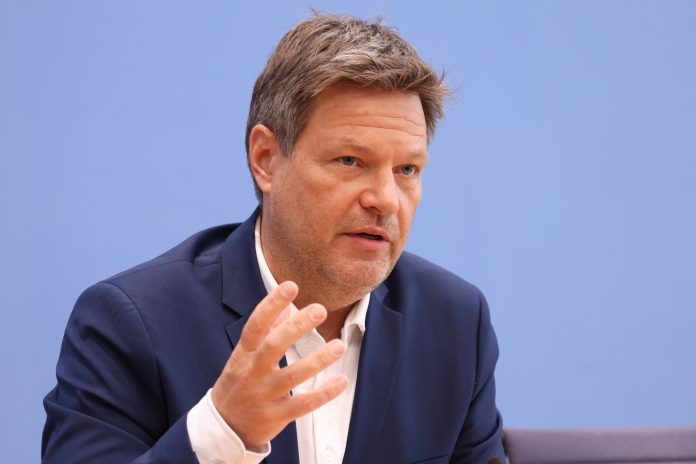German Economy Minister Robert Habeck defended the country’s multi-billion dollar investment in green steel mills, Euractiv reported.
Habeck stated that the country needed such plants to avoid the collapse of entire regions’ industries and to ensure steel supplies in times of geopolitical uncertainty. Germany received 7 billion euros from the EU last year to support its steel industry. The state will direct the investment to industrial hubs, such as the west German state of Saarland and the Ruhr area.
However, the economists who pointed to the need to restructure the sectors criticised the move. The areas under discussion will have to rely on state-subsidised electricity because of comparatively higher renewable energy prices than elsewhere in the world. Critics also called on the government to “embrace” the partial relocation of energy-intensive industries.
Habeck defended the government’s strategy in a podcast interview by WELT published on Thursday, May 16. He argued that the steel mills would ultimately stabilise the country’s democracy by preventing the risks of populist parties reaching consensus due to economic discontent.
Without steel production in Germany, entire regions such as the small state of Saarland could “lose key industries and thus entire clusters of value creation,” Habeck argued.
We have a double problem, namely a democratic one – entire regions will once again relive the post-reunification story, with a bad outcome for the democratic consensus – and we have a resilience problem.
Deindustrialisation
After German reunification in 1990, East Germany experienced dramatic deindustrialisation. Parts of the inefficient industrial enterprises of the former German Democratic Republic (GDR) collapsed, leading to as many as 1.5 million people losing their jobs.
However, Habeck’s analysis is controversial. Karl Hauesgen, head of German machinery maker association VDMA, declared last year that “whether I buy […] steel in Northern Europe, Central Europe, or Southern Europe is completely irrelevant.”
The German minister’s statements echo the arguments of EU steel industry association Eurofer. Its secretary general Axel Eggert admitted that importing green iron would be cheaper than producing it in Europe.
The green iron is an energy-intensive intermediate product used to produce climate-neutral steel.
